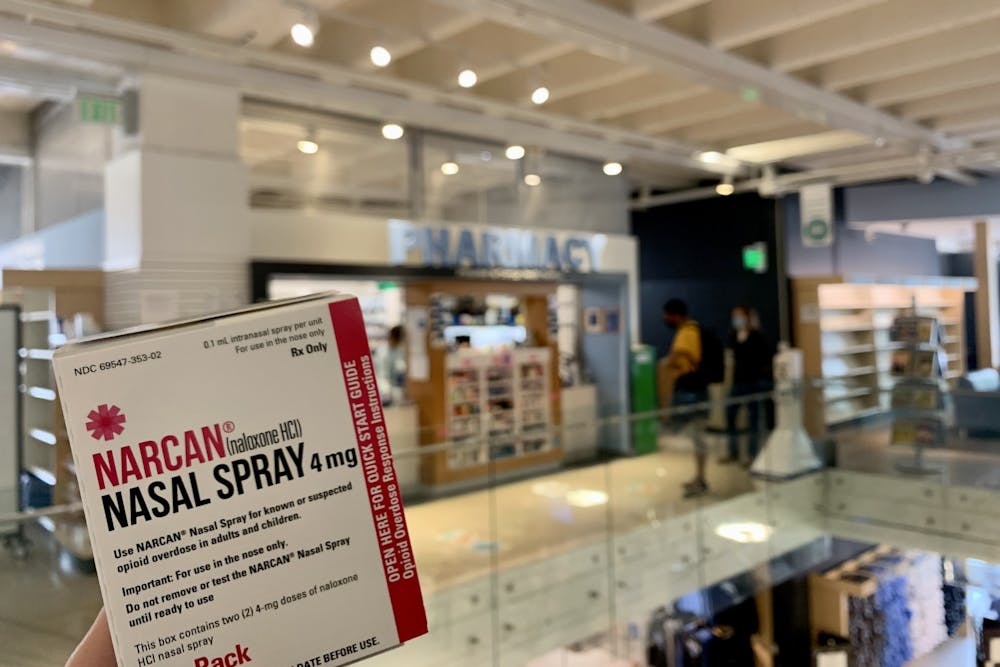College campuses have not gone untouched when it comes to the opioid epidemic.
One out of every four universities has an annual opioid prescription use rate over 10 percent, and since the 1990s, opioid use among college students has risen 343 percent.
As hard as preventative policies may try, the underlying truth is that these issues will continue. It’s almost inevitable that some college students will struggle with drug dependencies — and it’s improbable that these startling statistics will reach zero.
No single policy can completely eradicate drug abuse by young adults.
Harm reduction, however, is an evidence-based theory that attempts to mitigate the effects of these problems. These policies create safer environments in the event of emergencies, such as overdoses, and equip people to keep themselves safe if they decide to take part in risky behaviors.
These policies provide an alternative to the harsh punishments that are often implemented as deterrents.
Beyond a college campus, these policies can include anything from overdose education to safe injection sites and clean syringe exchanges for those with intravenous drug dependencies. But politics have often stood in the way of these measures, blocking important legislation that advocates say is necessary to reduce deaths by overdose.
Those who push back against harm reduction policies suggest they normalize illicit, illegal and dangerous behaviors.
Despite this, harm reduction has been proven to reduce the likelihood of death, and even serves as a pathway to abstinence for those with drug dependencies. College campuses are a model for how these policies can and should be implemented on a broader scale.




